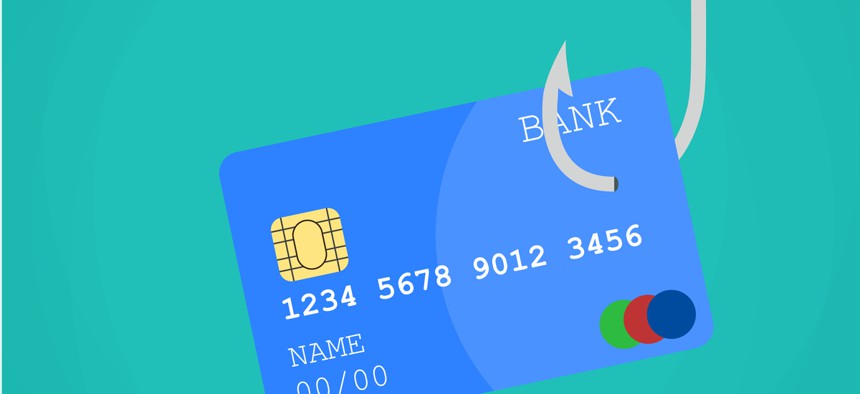FTC Warns Citizens About Government Imposter Scams

DRogatnev/Shutterstock.com
No, the IRS doesn't demand gift cards.
Someone from the IRS calls and demands money for back taxes and says that if you don't comply immediately, you will be arrested. What do you do?
In a panic, you might fork over the money. But the Federal Trade Commission wants you to stop, take a deep breath and consider whether this might be a scam.
Criminals often impersonate government officials or other authority figures in order to wring cash out of innocent targets. The agency detailed what to look out for in a blog post on Monday so that you don't fall victim.
"Scammers will try to make it seem legitimate. They might give you a badge number, or even know information like the last four digits of your Social Security number. A Washington, D.C. area code on your caller ID also might seem convincing. But caller ID can be faked," writes Carol Kando-Pineda, an attorney for the FTC's Division of Consumer and Business Education.
The agency advises that you shouldn't give out any personal or account information over a phone call, text message or email from someone claiming to be from the government. Many security experts recommend you don't give out any of this information to anyone you don't already know.
You should also never send money by gift card, cash reload card or money transfer. Official government transactions aren't conducted this way.
If you have fallen for a scam, there are steps you can take. For example, if you sent a money transfer, you can call the company behind the wire transfer service, inform them you were scammed and have the order canceled. And if you suspect you are being scammed or have been scammed, be sure to report it to the FTC.






